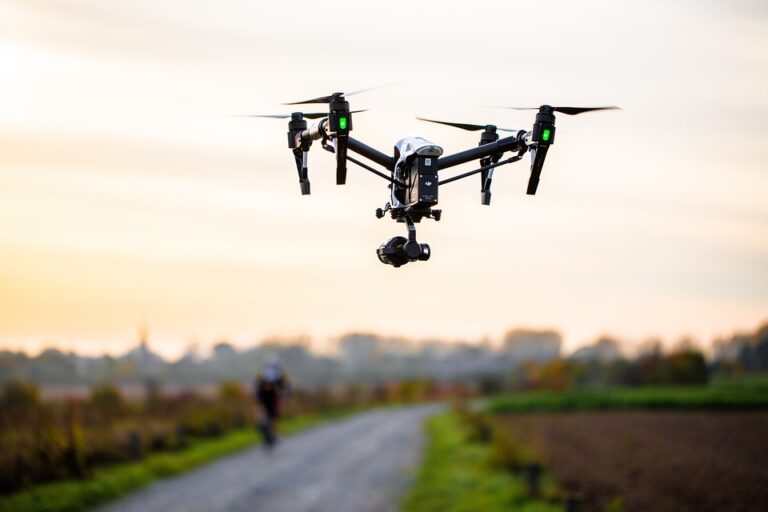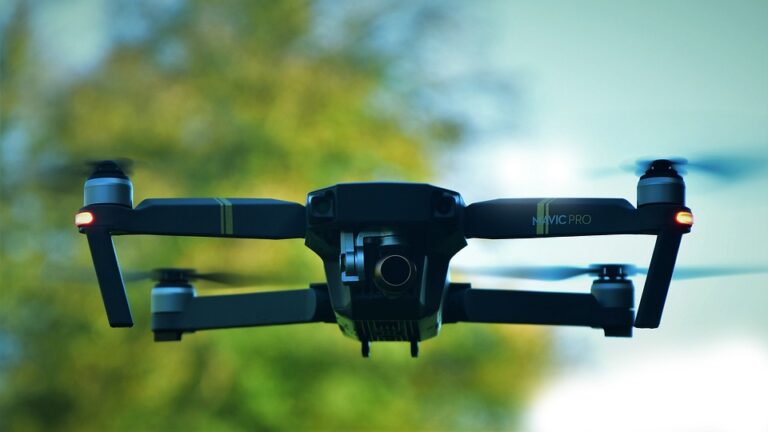Privacy Concerns and Drone Regulations: Balancing Innovation and Security
Introduction
The rapid advancements in drone technology have opened up new possibilities and opportunities in various sectors, including agriculture, delivery services, photography, and surveillance. However, the increasing popularity and widespread use of drones have raised concerns about privacy and security. It is essential to strike a balance between promoting innovation and ensuring the protection of individuals’ privacy rights. This article explores the privacy concerns associated with drones and the importance of implementing appropriate regulations to address these concerns.
Privacy Concerns
Drones equipped with high-resolution cameras and other sensors have the potential to invade individuals’ privacy. The ability to capture images and videos from a bird’s-eye view raises concerns about unauthorized surveillance, voyeurism, and the potential for misuse. For instance, drones can be used to peer into private homes, record individuals without their consent, or collect personal information in public spaces. These activities can infringe upon individuals’ privacy rights and create a sense of vulnerability.
Furthermore, drones can collect vast amounts of data, including location information, biometric data, and even conversations. This data can then be processed, analyzed, and shared with third parties, leading to potential misuse or unauthorized access. The aggregation of personal data by drones raises concerns about profiling, surveillance capitalism, and the erosion of privacy in public spaces.
The Importance of Balancing Innovation and Security
While privacy concerns must be addressed, it is essential to strike a balance between promoting innovation and ensuring security. Drones have the potential to revolutionize various industries, including search and rescue operations, agriculture, and infrastructure inspection. Restrictive regulations that stifle innovation can hinder the societal benefits that drones offer. Therefore, it is crucial to develop a regulatory framework that enables the responsible use of drones while safeguarding privacy rights.
Drone Regulations
To address privacy concerns, many countries have implemented or proposed drone regulations. These regulations aim to strike a balance between innovation and security by outlining the acceptable uses of drones while imposing restrictions on privacy-invasive activities. For instance, some regulations require drone operators to obtain licenses, register their drones, and follow specific flight restrictions. The focus is on ensuring responsible flying, preventing unauthorized surveillance, and protecting individuals’ privacy.
One approach to addressing privacy concerns is through geofencing technology. Geofencing involves creating virtual boundaries using GPS coordinates, which prevent drones from entering restricted areas such as private property or sensitive locations. This technology can help mitigate privacy risks by setting predefined no-fly zones and providing individuals with control over their privacy in their immediate surroundings.
Another important aspect of drone regulations involves data protection and security. Regulations should require the encryption of data transmitted by drones to prevent interception or unauthorized access. Additionally, they should mandate the secure storage and deletion of collected data to minimize the risk of data breaches or misuse. Implementing strict data protection measures will help maintain individuals’ privacy and ensure their personal information is not compromised.
Public Awareness and Education
Alongside regulations, public awareness and education play a vital role in addressing privacy concerns related to drones. Individuals must be informed about their rights regarding drone usage and the potential risks to their privacy. This awareness can empower individuals to take necessary precautions, such as installing privacy filters on windows, using anti-drone technology, or reporting suspicious drone activities.
Additionally, educational programs can play a crucial role in training drone operators about privacy best practices. By raising awareness about privacy concerns and providing guidelines for responsible drone usage, operators can understand the importance of respecting individuals’ privacy rights. This approach fosters a culture of responsible drone use, ensuring that innovation and privacy go hand in hand.
Conclusion
The rise of drone technology has sparked concerns about privacy and security. While drones offer numerous benefits, it is crucial to address these concerns through appropriate regulations. Striking a balance between promoting innovation and protecting privacy rights is essential to ensure responsible drone usage. By implementing regulations that outline acceptable uses, incorporating geofencing technology, and prioritizing data protection, privacy concerns can be mitigated. Additionally, public awareness and education about privacy rights and responsible drone usage are vital components of a comprehensive approach to addressing privacy concerns. By considering these factors, we can harness the potential of drones while safeguarding privacy and security.




